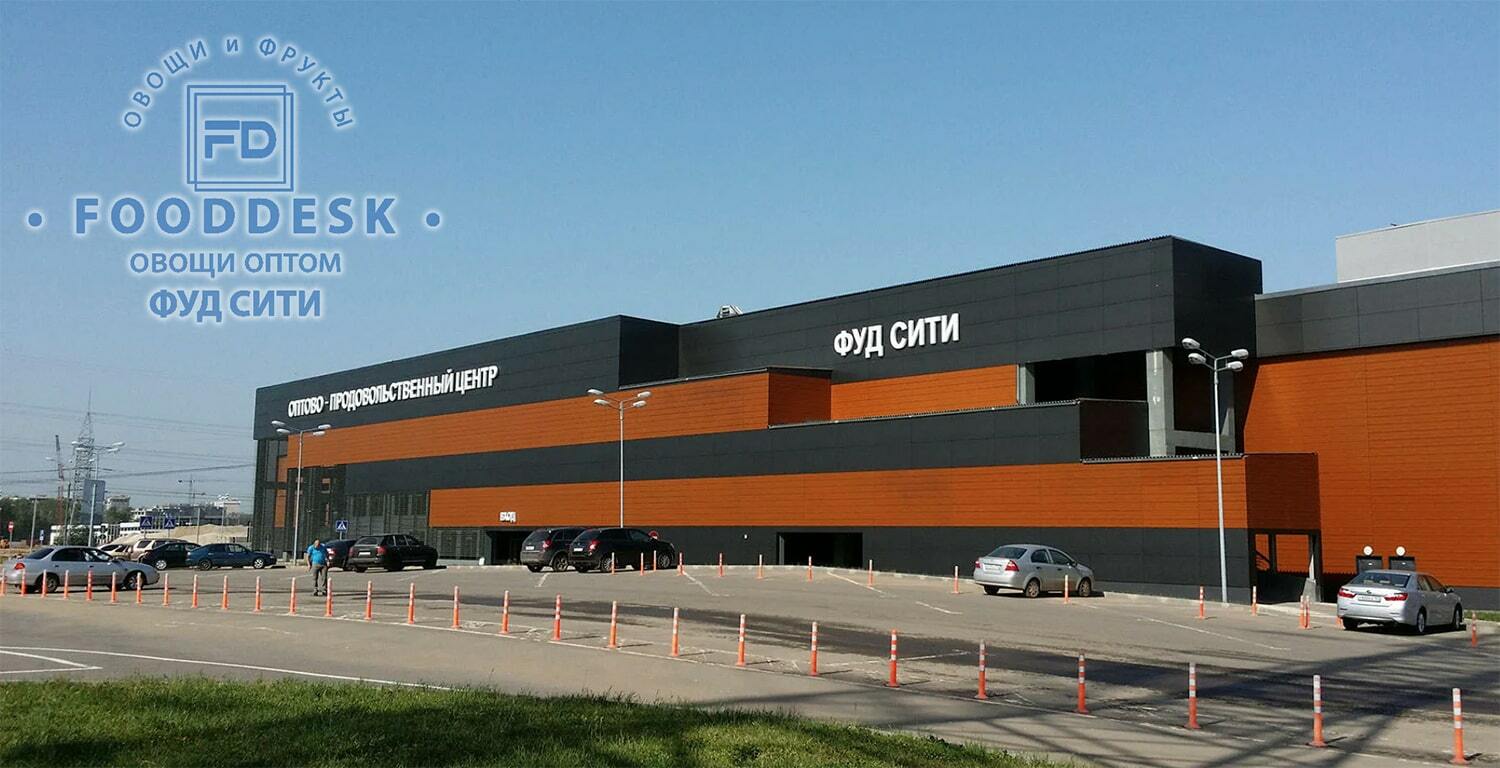Navigating Global Food Regulations
페이지 정보

본문
 As international trade expands rapidly, food manufacturers and distributors face the challenge of obeying complex food safety regulations when sourcing products from around the world. With varying standards and requirements across several regions, it can be daunting to ensure adherence to a reputation for excellent standards.
As international trade expands rapidly, food manufacturers and distributors face the challenge of obeying complex food safety regulations when sourcing products from around the world. With varying standards and requirements across several regions, it can be daunting to ensure adherence to a reputation for excellent standards.One of the most critical steps in complying with food safety regulations is to familiarize the laws and regulations of the states from which you are sourcing. Research the specific requirements for the products you are purchasing, such as packaging procedures, handling procedures, and testing procedures. Familiarize yourself with the regulations of the receiving country, as these may vary significantly from those in the exporting country.
To stay abiding with food safety regulations, it is mandatory to establish strong relationships with your suppliers. This can include conducting frequent audits and risk assessments to recognize potential hazards and develop strategies for reducing them. It may also involve working closely with your suppliers to implement and maintain quality control measures that meet international standards.
Additionally, consider utilizing third-party auditing and certification services to verify compliance with food safety regulations. These organizations provide independent assessments of a provider's facilities and operations, providing assurance that they meet or exceed international standards. Some popular food safety certifications include IFS Logistics, BRC (British Retail Consortium), and ISO 22000.
Another crucial aspect of navigating food safety regulations is to maintain meticulous records of your activities, including testing, hsc plus molykote labeling, and shipping procedures. This will enable you to quickly respond to any issues that may arise and show compliance to regulatory authorities.
Implementing a robust food safety management system is also essential. This involves creating and enforcing policies, procedures, and training programs that ensure all employees understand and adhere to food safety regulations. Regular training and refresher courses can help to ensure that employees are up-to-date on the latest requirements and best practices.
Finally, it is essential to establish communication channels with your buyers and other stakeholders to maintain clarity about your food safety practices and performance. This can include providing regular updates on your sourcing and quality control practices, as well as sharing any important accolades or audit results.
By understanding and adhering to food safety regulations, establishing strong relationships with suppliers, utilizing third-party auditing services, maintaining complete and thorough records, implementing a effective food safety management system, and maintaining openness with stakeholders, companies can ensure that their products are safe for consumption and comply with government standards.
- 이전글See What Double Glazed Windows Luton Tricks The Celebs Are Using 25.05.21
- 다음글7 Life-Saving Tips on Toe Regular Astoria Queens 25.05.21
댓글목록
등록된 댓글이 없습니다.



